Arbor

Founded in 1995 with a commitment to conscientious manufacturing and minimising impact on the environment, Arbor stands for innovative snowboards made from sustainable materials that are extremely durable and vibrant.

- - 21 %
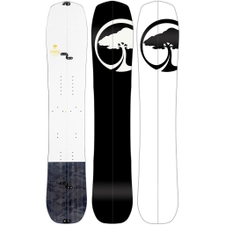 ArborLandmark Camber W 23/24 SplitboardMSRP 819,95 €649,95 €Available Sizes:164
ArborLandmark Camber W 23/24 SplitboardMSRP 819,95 €649,95 €Available Sizes:164
- - 20 %
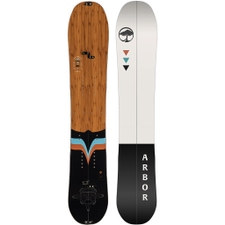 ArborVeda Camber 23/24 SplitboardMSRP 989,95 €789,95 €Available Sizes:152156
ArborVeda Camber 23/24 SplitboardMSRP 989,95 €789,95 €Available Sizes:152156
- - 20 %
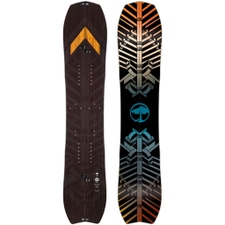 ArborSatori 23/24 SplitboardMSRP 1049,95 €839,95 €Available Sizes:151154157
ArborSatori 23/24 SplitboardMSRP 1049,95 €839,95 €Available Sizes:151154157
- - 30 %
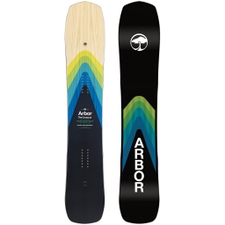 ArborCrosscut Camber W 23/24 SnowboardMSRP 699,95 €489,95 €Available Sizes:159
ArborCrosscut Camber W 23/24 SnowboardMSRP 699,95 €489,95 €Available Sizes:159
- - 40 %
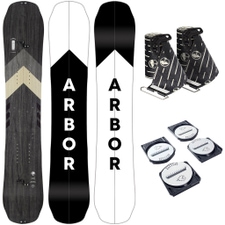 ArborTested product Coda Camber Wide 23/24 Splitboard (incl. Skins + Pucks) MenMSRP 1338,90 €799,95 €Available Sizes:162
ArborTested product Coda Camber Wide 23/24 Splitboard (incl. Skins + Pucks) MenMSRP 1338,90 €799,95 €Available Sizes:162
- - 43 %
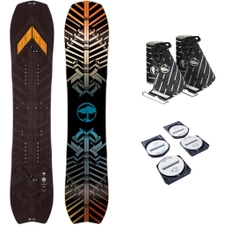 ArborTested product Satori 23/24 Splitboard (incl. Skins + Pucks)MSRP 1398,90 €799,95 €Available Sizes:151154157
ArborTested product Satori 23/24 Splitboard (incl. Skins + Pucks)MSRP 1398,90 €799,95 €Available Sizes:151154157
- - 40 %
 ArborTested product Landmark Camber W 23/24 Splitboard (incl. Skins + Pucks)MSRP 1168,90 €699,95 €Available Sizes:164
ArborTested product Landmark Camber W 23/24 Splitboard (incl. Skins + Pucks)MSRP 1168,90 €699,95 €Available Sizes:164
- - 40 %
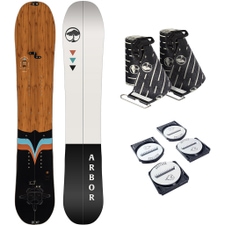 ArborTested product Veda Camber 23/24 Splitboard (incl. Skin + Pucks) WomenMSRP 1338,90 €799,95 €Available Sizes:152156
ArborTested product Veda Camber 23/24 Splitboard (incl. Skin + Pucks) WomenMSRP 1338,90 €799,95 €Available Sizes:152156
- - 26 %
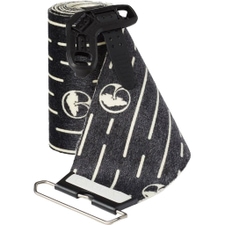 ArborKohla Splitgrip Coda Splitboard SkinsMSRP 229,95 €169,95 €One size
ArborKohla Splitgrip Coda Splitboard SkinsMSRP 229,95 €169,95 €One size
- - 20 %
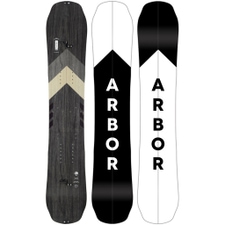 ArborCoda Camber 23/24 SplitboardMSRP 989,95 €789,95 €Available Sizes:158161164
ArborCoda Camber 23/24 SplitboardMSRP 989,95 €789,95 €Available Sizes:158161164
- - 21 %
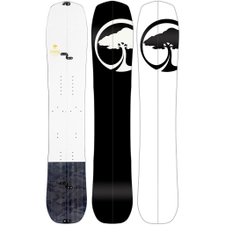 ArborLandmark Camber 23/24 SplitboardMSRP 819,95 €649,95 €Available Sizes:152155158161
ArborLandmark Camber 23/24 SplitboardMSRP 819,95 €649,95 €Available Sizes:152155158161
- - 40 %
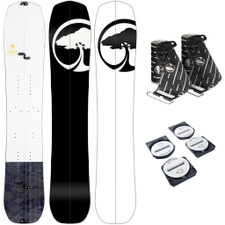 ArborTested product Landmark Camber 23/24 Splitboard (incl. Skins + Pucks)MSRP 1168,90 €699,95 €Available Sizes:152158161
ArborTested product Landmark Camber 23/24 Splitboard (incl. Skins + Pucks)MSRP 1168,90 €699,95 €Available Sizes:152158161
- - 30 %
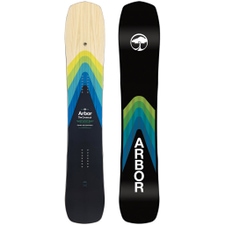 ArborCrosscut Camber 23/24 SnowboardMSRP 699,95 €489,95 €Available Sizes:154162
ArborCrosscut Camber 23/24 SnowboardMSRP 699,95 €489,95 €Available Sizes:154162
- - 50 %
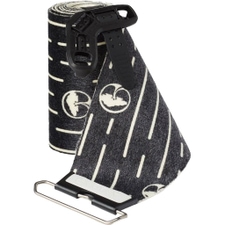 ArborKohla Splitgrip Landmark Splitboard SkinsMSRP 229,95 €114,95 €One size
ArborKohla Splitgrip Landmark Splitboard SkinsMSRP 229,95 €114,95 €One size
- - 50 %
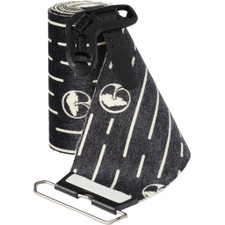 ArborKohla Splitgrip Satori Splitboard SkinsMSRP 229,95 €114,95 €One size
ArborKohla Splitgrip Satori Splitboard SkinsMSRP 229,95 €114,95 €One size


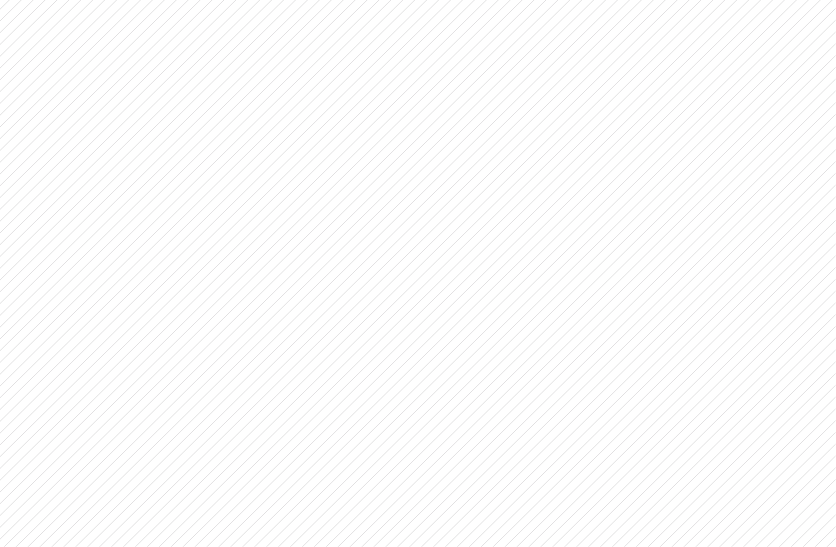
Why is Arbor a WIR DENKEN UM brand?
Since its foundation, Arbor has used wood from certified sustainable forestry and consistently invests in reforestation and the preservation of forests - in over 25 years, more trees have been planted than have been felled for boards. As a WIR DENKEN UM brand, Arbor is characterised by the following points in particular:
- The company is committed to responsibility throughout the supply chain
- Arbor pursues an environmentally friendly, resource-conserving production policy
- The company uses sustainable raw materials
Pioneers in sustainability
Forest-to-Forest is what Arbor calls the design and product cycle of the freeride-oriented boards. What lies behind this cycle is a manufacturing process that is consistently designed to conserve resources and protect the environment: "We were the first to replace the standard plastic board with wood veneers from responsible sources, which greatly improves performance. We pioneered the use of bamboo, bioplastic and other recycled, reclaimed and renewable alternatives." All wood and bamboo cores and the majority of topsheets come from sustainably managed forestries and are FSC certified. Resources are used sparingly. In addition, recycled steel is used for the steel edges, bio-based fibres for the topsheets of the boards and Super Snap, a plant-based alternative to synthetic resin. The production facility is powered 100 per cent by solar energy. There is also a closed system whereby all water used during production is collected, filtered and reused. Any wood waste is recovered and processed for further use.

Arbor history: Los Angeles, Early 90s
The two friends Bob Carlson and Chris Jensen, who grew up in Venice Beach and dedicated their childhood and youth to surfing and skateboarding, or sidewalk surfing as it was often called at the beginning of the skate era, have devoted themselves with increasing enthusiasm to the relatively young sport of snowboarding in recent years and spend every spare minute on the mountain. What both of you noticed early on is the fact that environmental protection plays virtually no role in the action sports scene of the time.
To be flown to the summit by helicopter was the dream of every ambitious hobby snowboarder at that time and the stars of the scene were celebrated for exploring new terrain in the remotest corners of the world. It soon becomes clear to them that this is in stark contrast to their own convictions. After all, it is nature that enables them to pursue their great passion, board sports in water and snow, and therefore they feel it is particularly worth protecting.
Both are convinced that it can be done better and so the idea of creating a sustainable boardsport brand matures. Initially sceptical, Bob Carlson is completely convinced when Chris Jensen presents him with the first prototype of a snowboard with a wooden topsheet in 1994, in which the wooden topsheet also has a structural function, namely the reduction of the glass fibre mats used. Both soon realised that they wanted to devote themselves to this idea with full commitment. This is how the Arbor brand was created in 1995. The first model, the Arbor Element, still one of the cornerstones of the collection, was presented at the North American sporting goods fair SIA.

Arbor history: 25 Years later
Arbor is an established player in the snowboard world and has grown into a global brand with a multinational team that produces not only snowboards but also skateboards and apparel in a sustainable way. As pioneers of environmentally conscious snowboard production, the company has constantly evolved and strives every day to push the limits of what is possible in the area of manufacturing its own products in the most environmentally friendly way possible. This is how the snowboard production has ended up in the Arab Emirate of Dubai, in the still quite young and extremely modern SWS factory. What sounds extremely strange and not exactly sustainable to European ears at first glance, namely moving production to an Arab Emirate in the desert after years of pride in producing in an Austrian factory, i.e. in the heart of Europe, makes a lot of sense at second glance.
The factory in the Arab Emirate of Dubai, which was built at the beginning of the 2010s, is one of the most modern production facilities in the boardsports sector currently available. The factory manager John Colvin, who already had a wealth of experience in snowboard production at that time, had an empty factory hall at his disposal, which he and his team could design according to their own ideas. The result is a production facility that has excellent filter systems, operates in a closed system and, since 2020, has also been powered 100 % by solar energy. This, in combination with the globally very central location, which helps to minimise worldwide transport distances, puts a production facility in the middle of the desert in a completely different light and explains why this location was chosen at that time.

